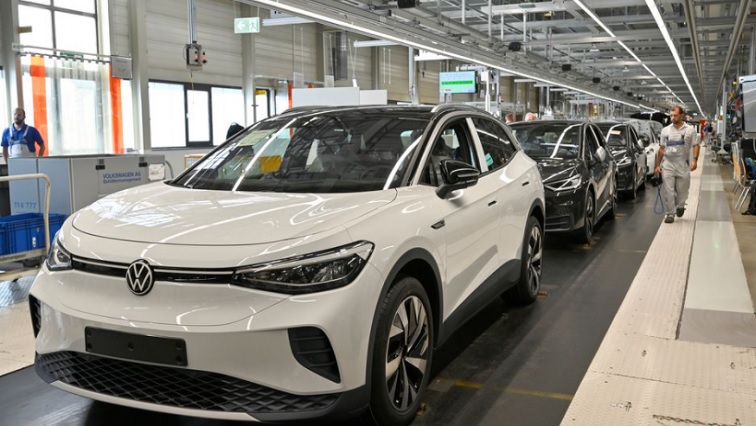National Automobile Manufacturers Association (NAAMSA) says it will take two years for the country’s car industry to fully recover from challenges including rolling blackouts, global supply bottlenecks linked, and the recent floods in KwaZulu-Natal.
The current lockdowns in China – which maintains a zero COVID policy – are the latest issues facing car manufacturers in South Africa.
NAAMSA CEO Mike Mabasa says, “The automobile industry has been impacted over the last 18 months by a number of factors, not just local factors but also global, especially in our supply chain. The sector had some challenges, particularly in the supply chain around the semi-conductor issue which is the computer chip that goes into our vehicles, which impacted all vehicle manufacturers around the world since the beginning of 2021. In 2021 we also had some challenges in terms of the riots in KwaZulu Natal and parts of Gauteng. That impacted the sector vary significantly.”
Supply chain
The sector is also facing supply constraints because of the global shipping crisis. As a result, car manufacturers in South Africa had to delay or postpone the launch of new cars because they cannot get stock.
The port of Durban which was negatively affected by the recent floods added to the car manufacturing industry’s challenges.
NAAMSA says it has seen an uptick in demand for new cars which is very encouraging for the sector. The association says despite the current challenges, the sector is now exporting more cars than before.
The industry exports 60% of cars manufactured locally. They are now exporting to 152 different markets around the world.
Challenging period
Motoring journalist with Cars.co.za, Ciro de Siena says the car industry globally is facing what he calls its most challenging period in modern times.
He says the sector is also being hard hit by a global shipping crisis because of China shutting down. There is difficulty in getting cars onto ships and this is affecting parts.
De Siena says, “It’s a bit of a perfect storm, obviously COVID-19 was extremely disruptive especially as factories were shut down for health reasons, then COVID-19 caused a semi-conductor chip shortage which is now turned into a crisis and a modern car can have 85 to maybe even 100 chips.”
“The more semi-conductor chips in the more complicated cars. That has been tricky and might take a long time to resolve itself. The car companies are estimating -18 months to two years for the conductor chip crisis to pass,” he adds.






